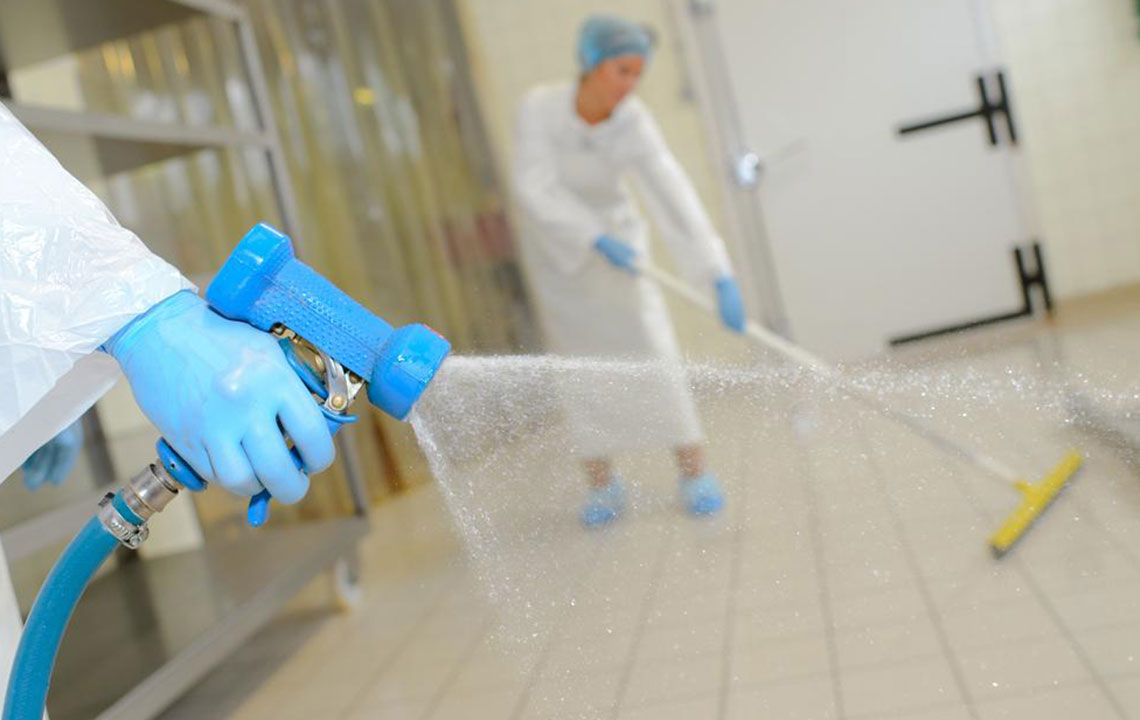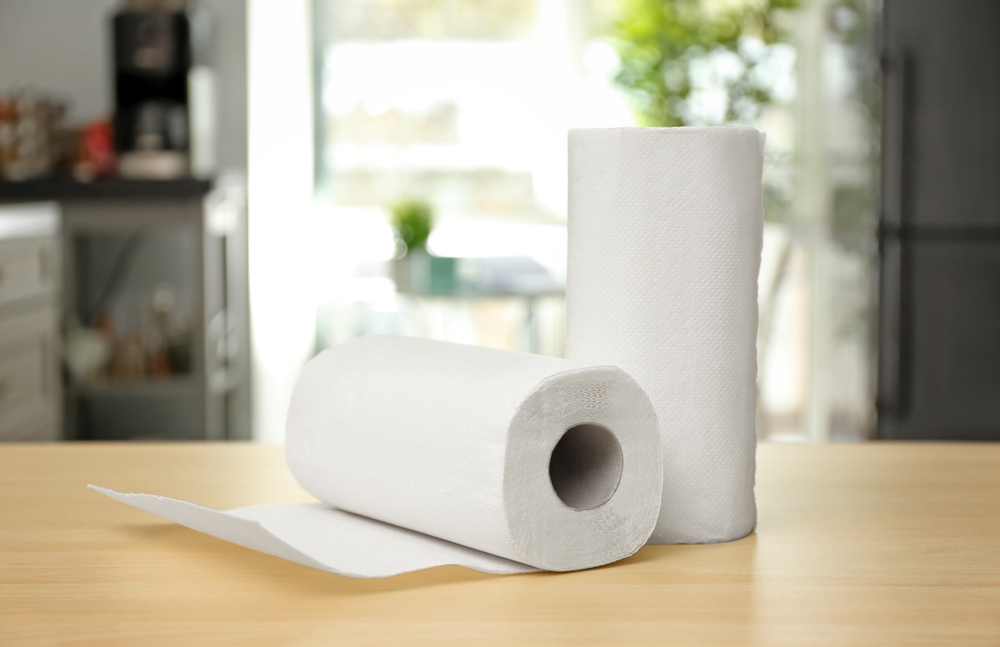Effective Strategies to Avoid Hospital-Acquired Infections
Learn essential strategies to prevent hospital-acquired infections, including hand hygiene, proper use of protective gear, and equipment disinfection. Follow these tips to ensure safety in healthcare environments and protect yourself and your loved ones from infections.

Effective Strategies to Avoid Hospital-Acquired Infections
Did you know that 5 to 10 percent of hospital patients acquire infections during their stay? Whether you're admitted for a few days, visiting briefly, or working as healthcare staff, it's crucial to prevent hospital-acquired infections (HAIs). These infections are caused by microorganisms like bacteria and fungi prevalent in medical environments. They can spread through direct contact, contaminated surfaces, medical equipment, or airborne droplets. Implementing proper hygiene practices and safety protocols can significantly reduce infection risks.
Hand Hygiene: Regular handwashing or sanitizing is the most effective way to prevent infection transmission. Always disinfect your hands after hospital visits or contact with patients.
Using disposable or sterile gloves can offer extra protection.
Proper Use of Personal Protective Equipment: Healthcare providers should wear masks, gowns, and coats appropriately to minimize microorganism spread. Proper clothing and protective gear are essential when working around contaminated surfaces or during procedures.
Safe Medical Equipment Handling: Ensure medical devices are disinfected routinely. For instance, cleaning stethoscopes with alcohol wipes daily and disinfecting skin before inserting catheters are vital steps to prevent infection.
Prevention is key. Follow these precautions diligently to safeguard yourself and loved ones from hospital-related infections.










